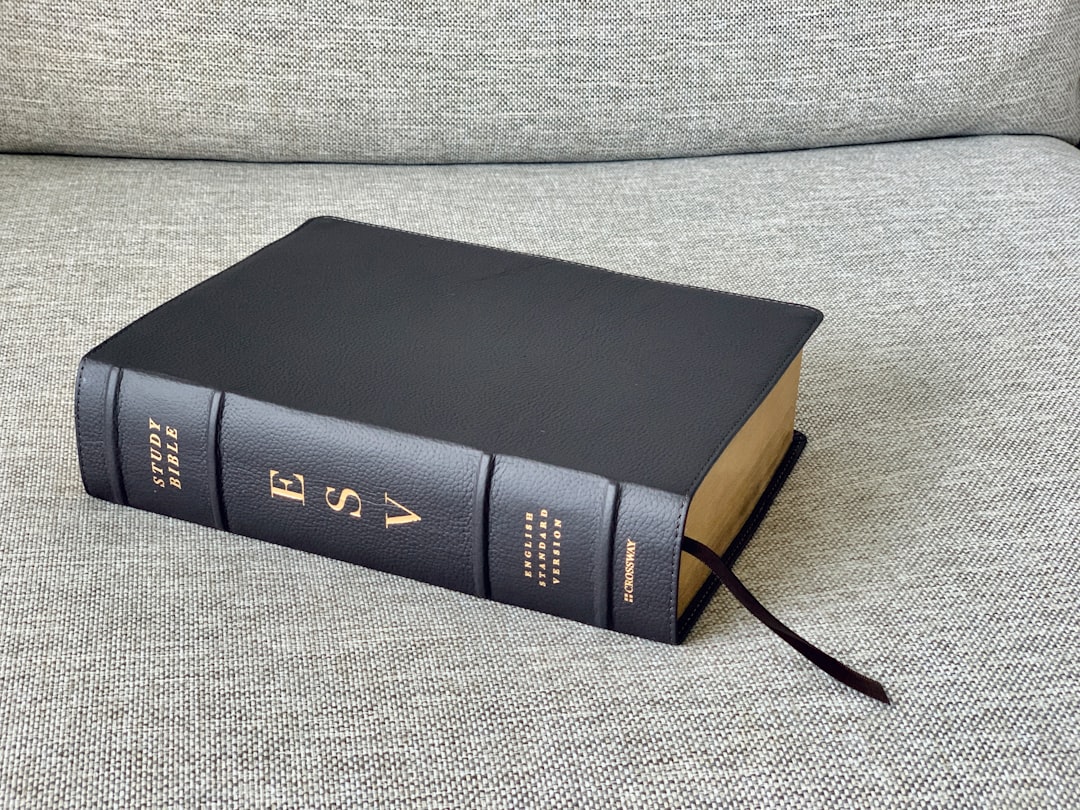What is it about?
This essay considers the theoretical disagreement between Isaiah Berlin and Hannah Arendt on the meaning and value of freedom. Berlin thinks that negative liberty as non-interference is commendable because it is attuned to the implication of value pluralism that man is a choice-making creature and cannot be otherwise. By contrast, the political freedom to act is in Arendt’s view a more fulfilling ideal because it is only in political action that man’s potentiality is actualised, his unique identity manifested and his being-in-the-world-with-others reaffirmed. What lies beneath the two thinkers’ dispute over the most satisfactory meaning of freedom, I argue, is a deeper disagreement over human nature itself. The implication of this analysis for the contemporary debate between pluralist liberals and their agonistic critics is briefly discussed in conclusion.
Featured Image
Read the Original
This page is a summary of: The Meaning and Value of Freedom: Berlin contra Arendt, The European Legacy, September 2014, Taylor & Francis,
DOI: 10.1080/10848770.2014.965520.
You can read the full text:
Resources
Contributors
The following have contributed to this page










